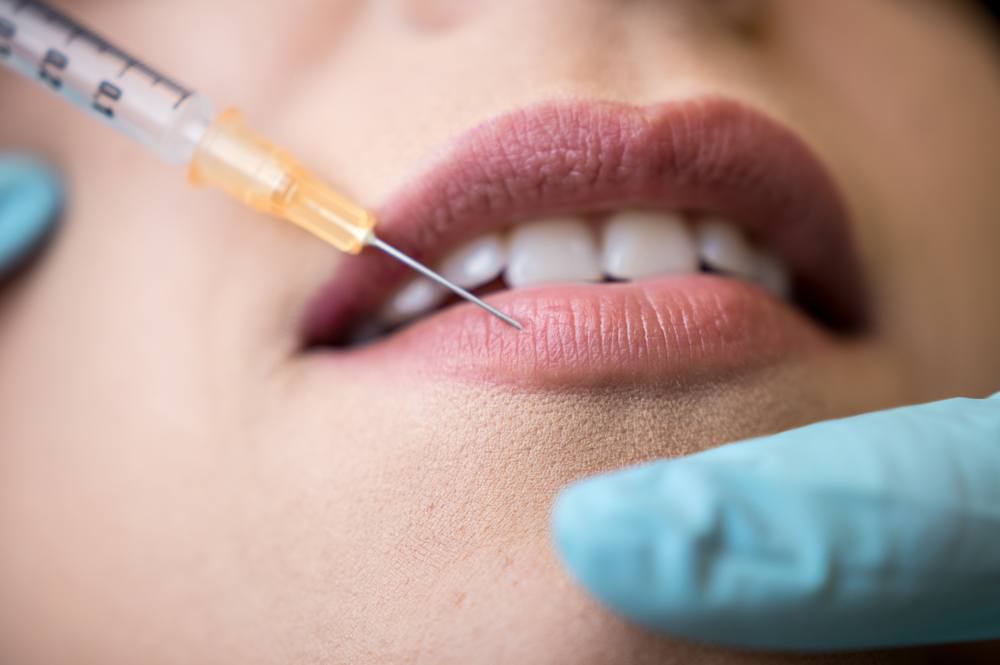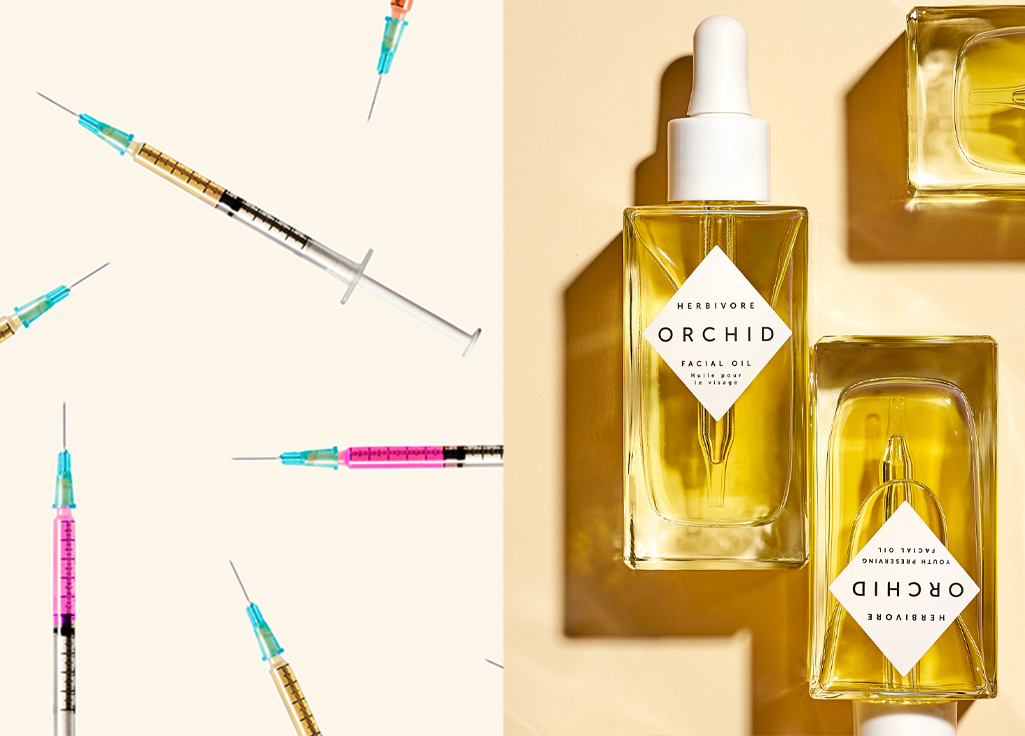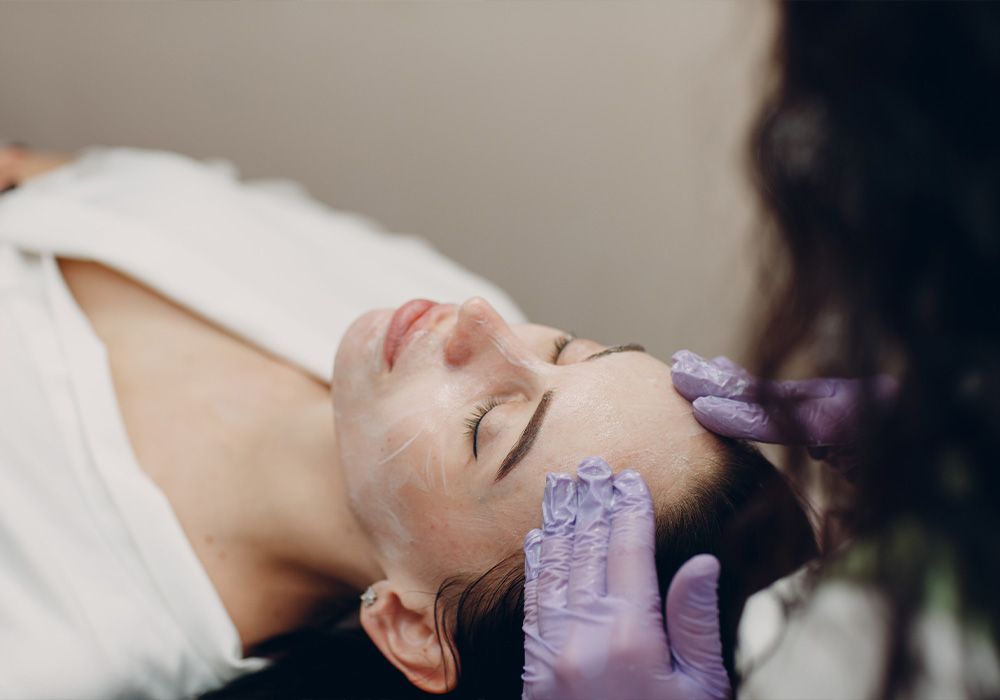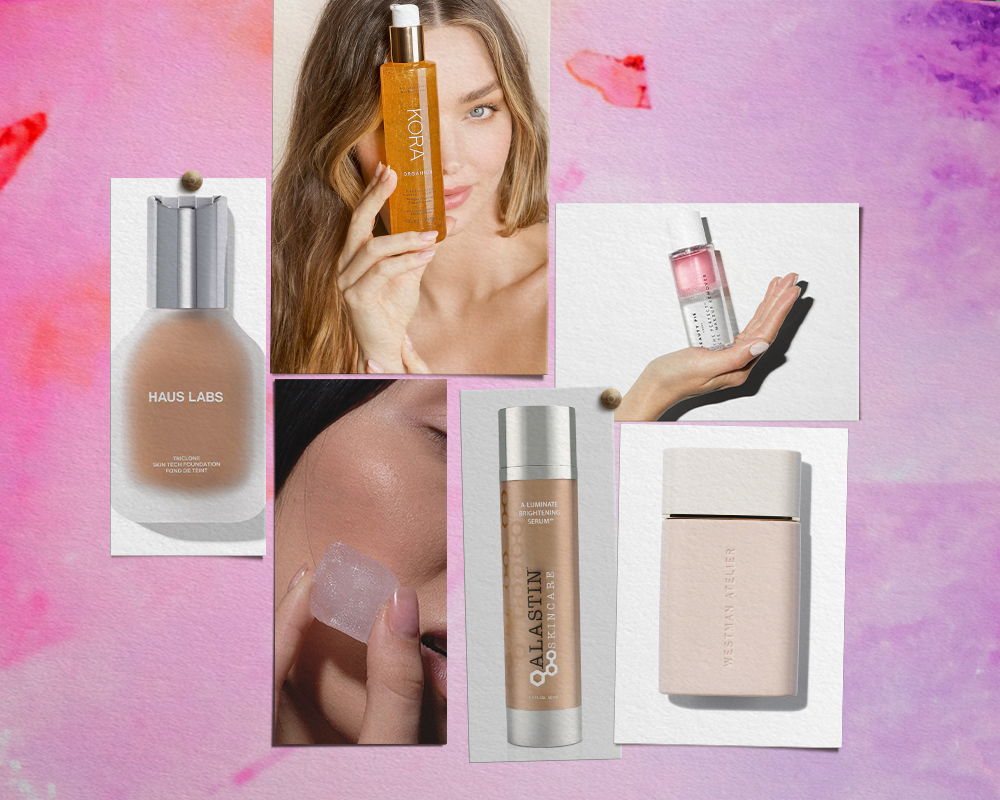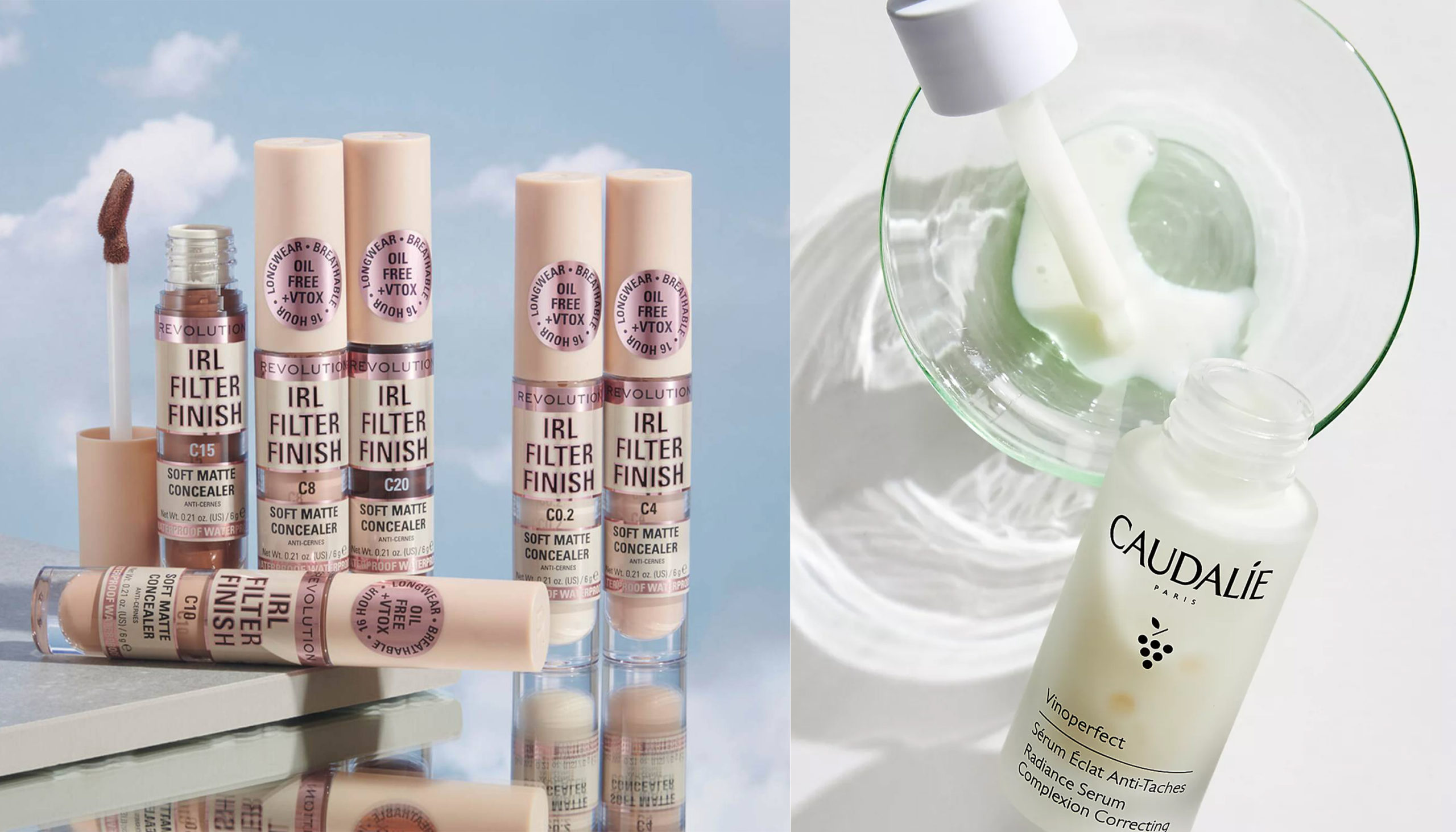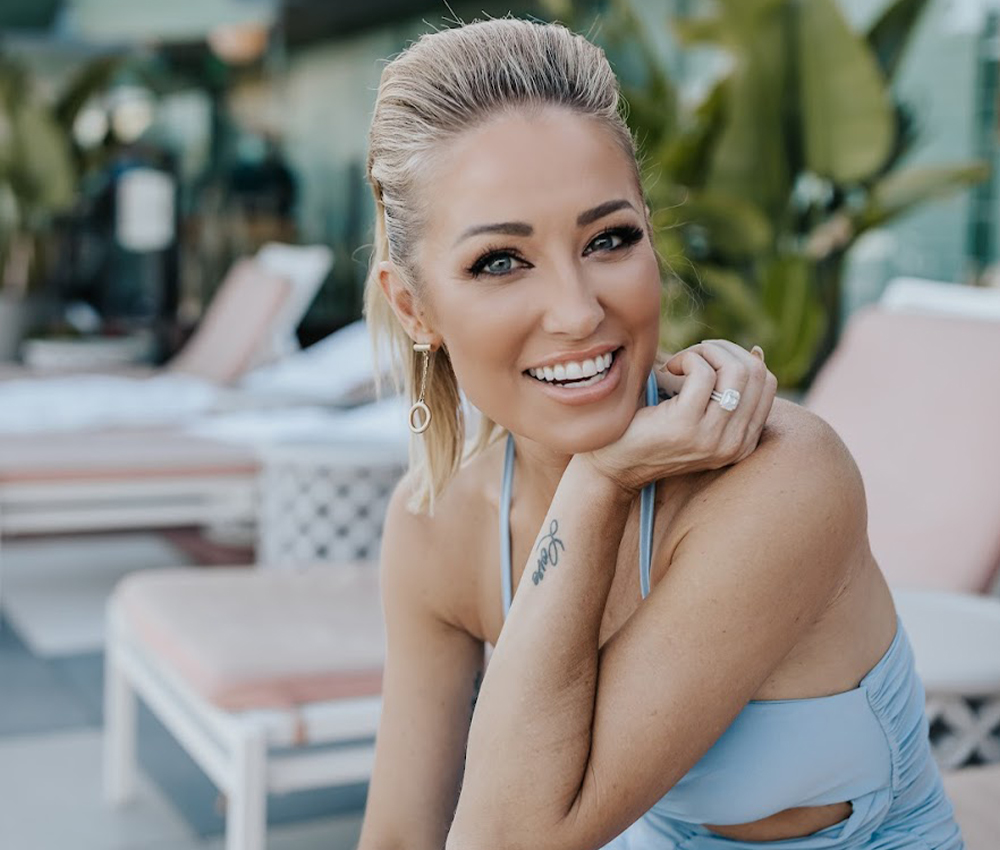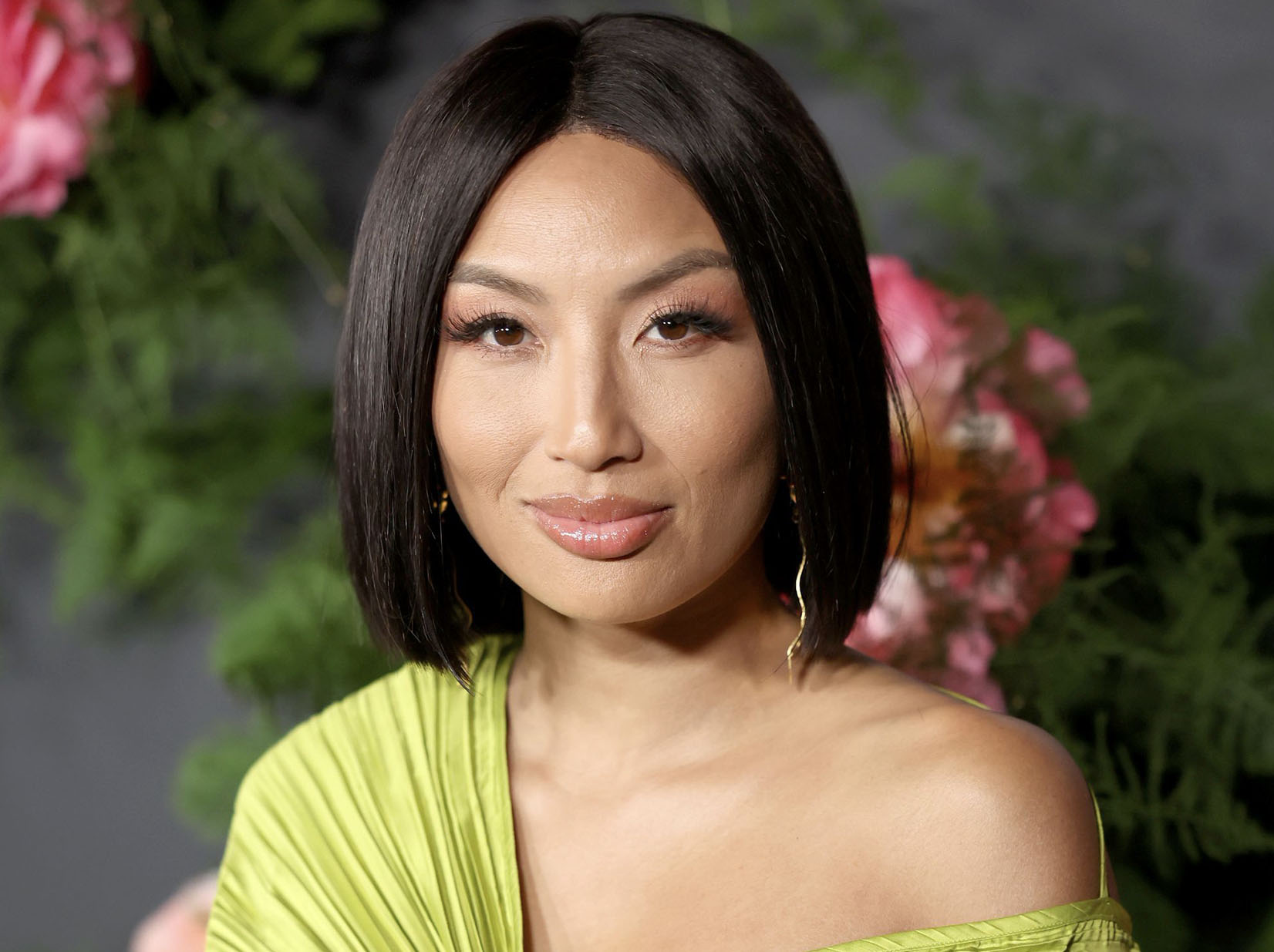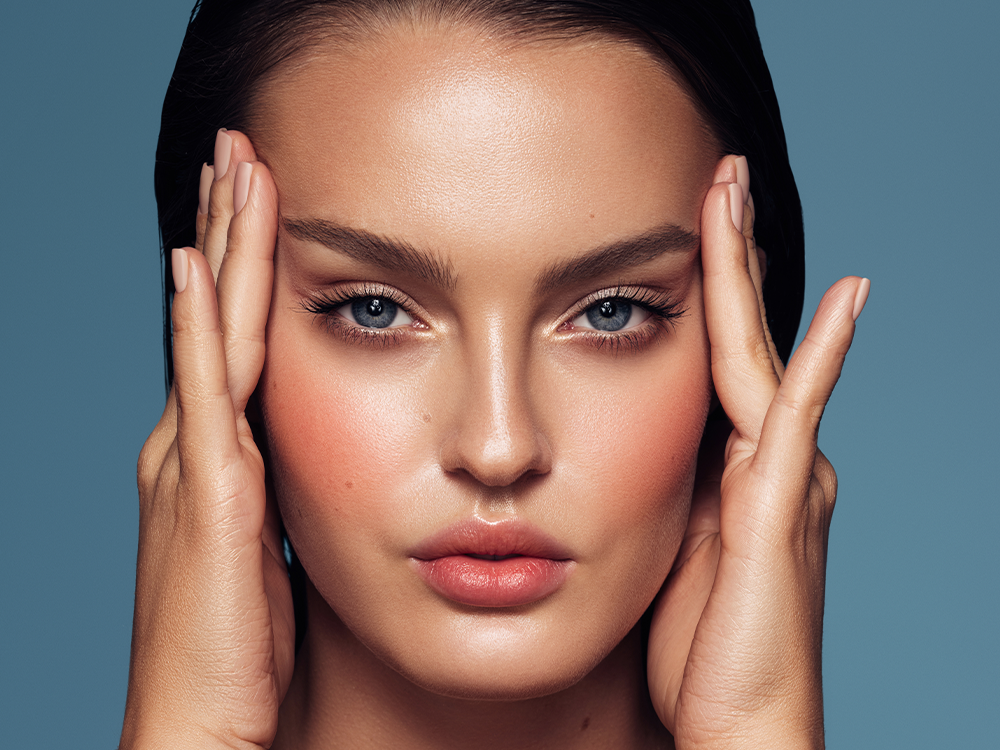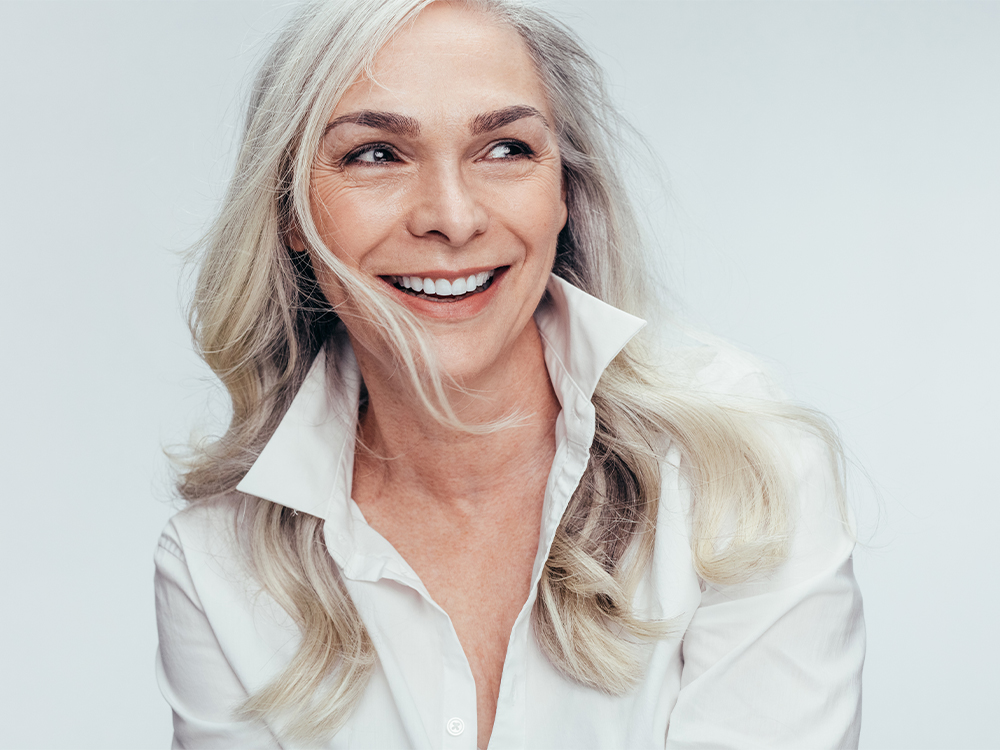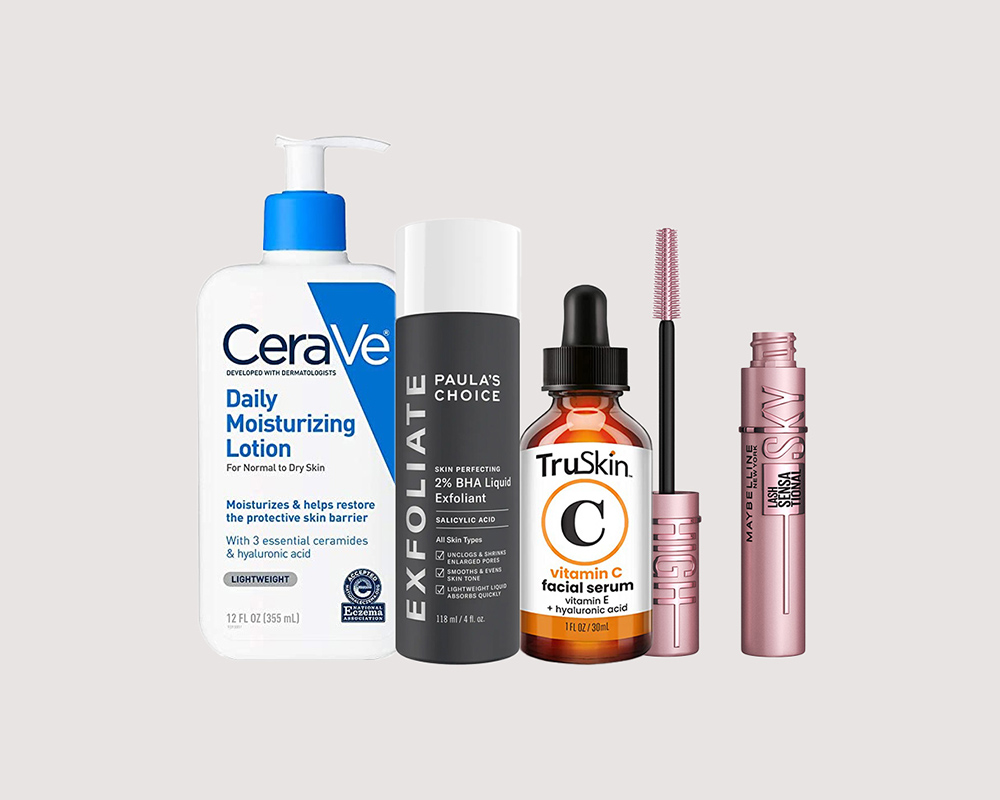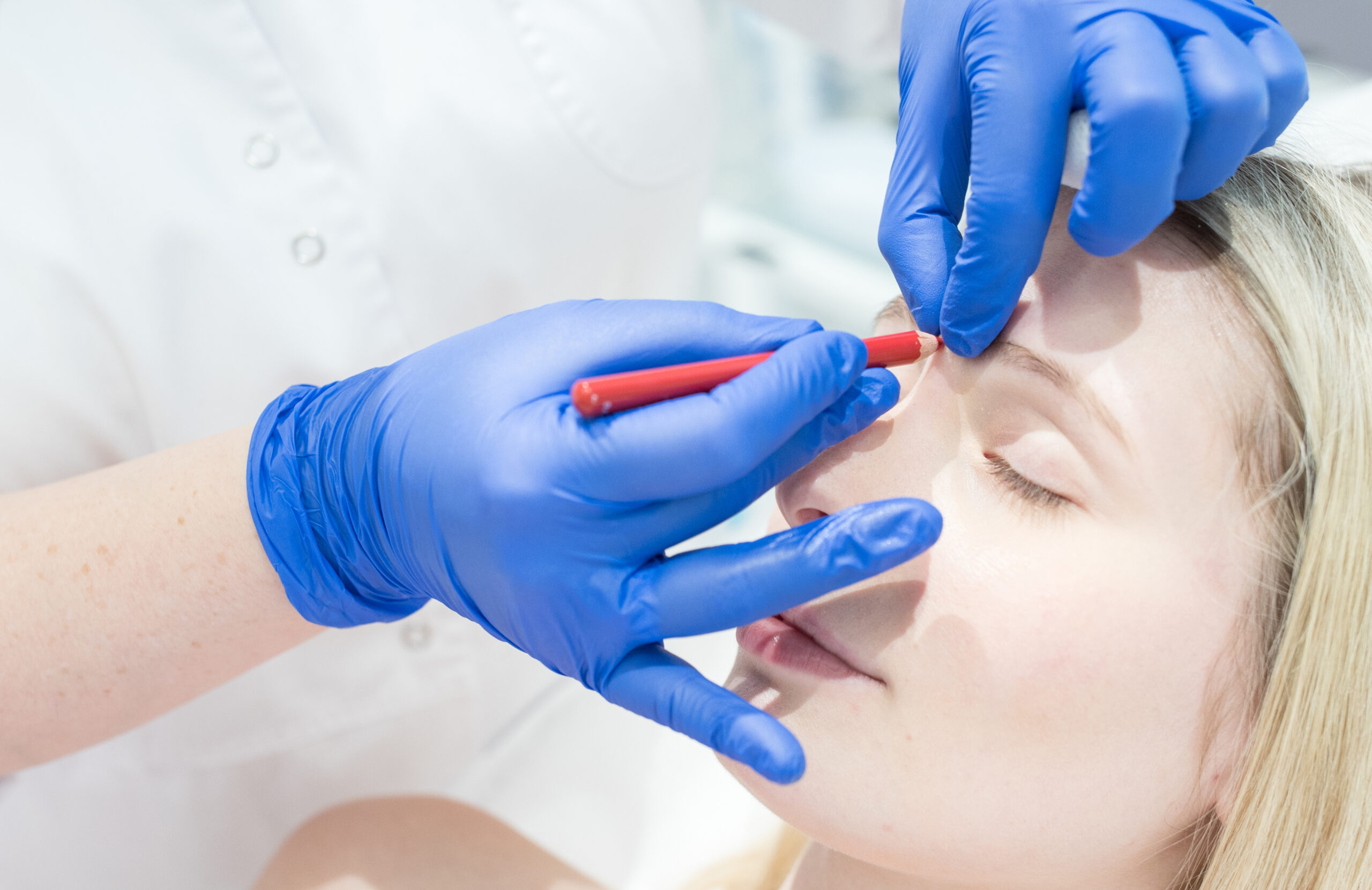Welcome to Real Beauty Advice, where we’re tackling the tough questions you can’t find answers to on YouTube. We’re not talking about smoky eye techniques or the latest product launch; we’re talking aging fears, judgmental peers, plastic surgery stigmas and more. In this series, we ask experts to weigh in on hard-to-navigate situations that prove beauty is so much more than just what you see on the surface.
Dear NewBeauty: I’m worried my close friend is getting addicted to cosmetic treatments and surgery, to the point that she looks very overdone and fake. Is there a way to bring this up with her without starting a fight? I just want her to see how much better she looked before all the fillers.
Answer: “First of all, you have to ask yourself what your motives are and what you hope the end goal of your conversation will be,” says clinical psychologist Kristin Zeising, Psy. D. “Then, assess who this person is. Is she someone who has shown that she can handle feedback, or is she likely to get defensive or hurt? Get clear on all that, and make sure you’re coming from a really kind, nonjudgmental place.
Some people do get kind of addicted to it and think they’re seeing this beautiful, vibrant version of themselves, when in reality, they’re looking plastic. So, the next time there is an appropriate opening, like when she’s talking about her doctor or treatments, you could ask if everything is OK and if she’s happy with the way she looks and feels. Underneath all of this is some level of insecurity or vanity—people want to look different because they’re not OK with their appearance. You have to be gentle, caring and warm, and always have this conversation one on one. If they get upset, you have to diffuse the situation by telling them in no way did you mean to hurt them, then back off. Let them take what they want from your opinion and leave the rest.”
You May Also Like: Vicki Gunvalson, the OG Real Housewife, Swears Off Fillers Once and For All
New York dermatologist Doris Day, MD agrees this is an especially tricky conversation. “I think of it like this: I see kids getting married and the parents are so upset about who their kid is marrying and can see the divorce coming, but they can’t say any of that. The kid has made up their mind and they’re in love and you can’t tell them otherwise. It’s the same idea when you try to come between a person who is doing too much to their face. They’re in a relationship with the doctor doing the treatment and with the treatment itself, not so much their own face. I’ve had patients come in who are so overfilled and they say their doctor always makes them look natural. They really believe they look natural. If you’re going to try to shatter that, the amount of difference you have to make on so many levels is huge.
Unfortunately, there are doctors who will make people look fake if that’s what the patient wants. They think, ‘Fine, your money, your aesthetic, I’ll give you quadruple G boobs.’ But trained aesthetic physicians who understand structure and function and aging will have a dialogue with the patient about why they’re seeing what they’re seeing, how much is addressable and how they can help them look their best at every age. Many people don’t see their beauty and they’re trying to chase it, so my job is to help my patients see their beauty before we even do a treatment. I want to take them from beautiful to more beautiful, not flawed to less flawed.”
